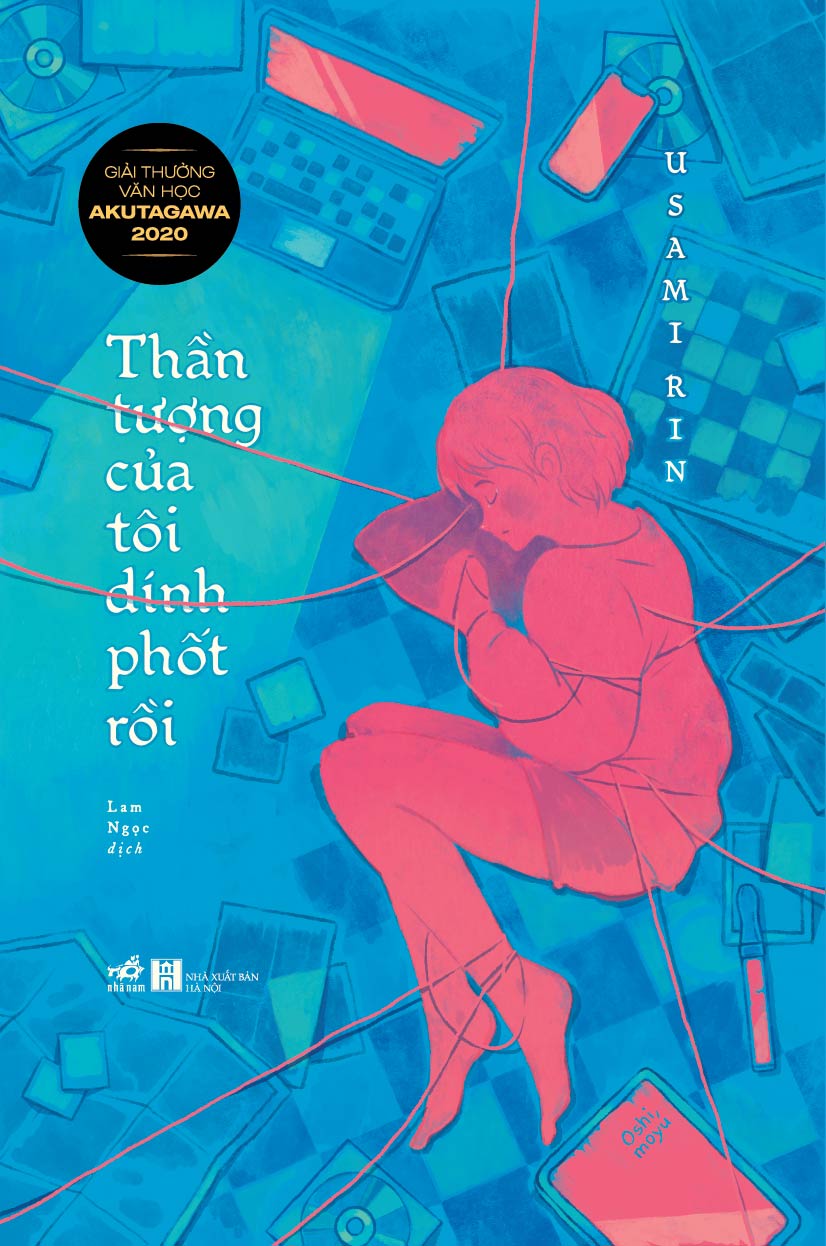What do you think?
Rate this book


141 pages, Paperback
First published September 10, 2020
“Everything about him was precious. When it came to my oshi, I wanted to offer him everything I had.”


Tôi chưa bao giờ có mong muốn được tiếp xúc với anh ấy. Mặc dù tôi cũng sẽ tham dự các buổi biểu diễn offline, nhưng nếu phải lựa chọn, tôi vẫn muốn trở thành một người hâm mộ chìm trong đám đông. Tôi muốn trở thành một phần của tràng pháo tay, một phần của sự cổ vũ và để lại lời nhắn cho anh ấy trên một tài khoản ẩn danh để nói lời cảm ơn.



𖥻 “ without my oshi, i couldn't be me. my life without him was only an afterlife. ”
"An idol burns. I'm not talking about a celebrity physically going up in a flame. It's about someone in the public eye who commits a misdeed or makes an improper remark, and becomes the target of criticism, is scrutinised from every angle, and loses their influence.
"There were as many styles of fandom as there were fans.
Some people worshipped every move their oshi made.
While others thought discernment made the true fan.
There were those who had a romantic interest in their oshi but no interest in their oshi's work
Others who had no such feelings but sought a direct connection through engaging on social media
People who enjoyed their oshi's output but didn't care about the gossip
Those who found fulfilment in supporting the oshi financially
Others who valued being part of a fan community."